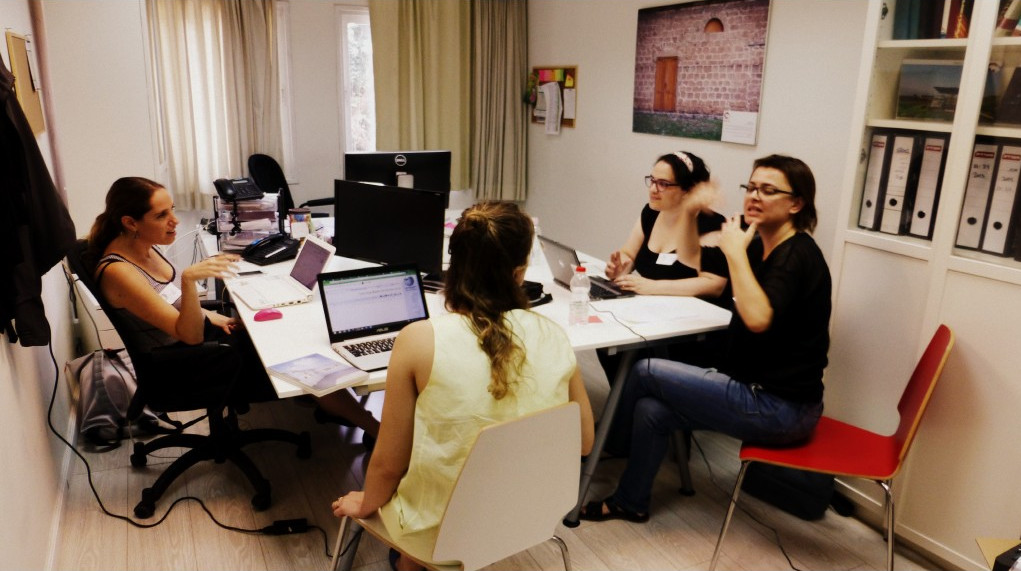Yet another barrier facing women in academia is that senior women faculty are less likely to collaborate with junior women. A study in Current Biology found evidence for this in the field of psychology, a field getting very close to gender parity. NIMBioS’ Research Collaboration Workshop for Women in the Mathematical Biology, coming in June, will support the efforts of a group of women committed to help change this.
Eight senior women researchers in math and biology will lead four teams of four to five women postdocs, junior faculty, and advanced graduate students on projects that are expected to continue after the workshop and lead to a joint publication.
Seventy-five researchers in mathematics and biology applied to the workshop, showing there is a great demand for opportunities like this one. Only 18 applicants were selected, the size limited to encourage the quality of the interactions among the participants.
Some of the collaborations will be international, with participants from Europe and Asia.
The research projects include:
- Aerodynamics of spider ballooning
Leaders: Laura Miller (Biology, Univ. of North Carolina); Lydia Bourouiba, Institute for Medical Engineering and Science and Dept. of Environmental Engineering, MIT - Sleep, circadian rhythms and pain
Leaders: Victoria Booth (Mathematics and Anesthesiology, Univ. of Michigan); Megan Hastings Hagenauer (Molecular and Behavioral Neuroscience Institute, Univ. of Michigan) - Blood flow autoregulation in the kidney
Leaders: Anita Layton (Mathematics, Duke Univ.); Aurélie Edwards (CNRS, Paris) - Modeling the effects of antimicrobial therapy on gut microbiota and Clostridium difficile
The workshop structure, with leaders, projects and working groups planned in advance, is intended to be bi-directional, such that senior women will meet, mentor, and collaborate with the brightest young women in their field on a part of their research agenda of their choosing, and junior women (tenure track faculty, post-docs and advanced graduate students) will develop their network of colleagues and supporters and encounter important new research areas to work in, thereby improving their chances for successful research careers.
The format of this workshop was modeled after the highly successful WhAM! Research Collaboration Workshop for Women in Applied Mathematics held at the Institute for Mathematics and its Applications (IMA) in September 2013.

